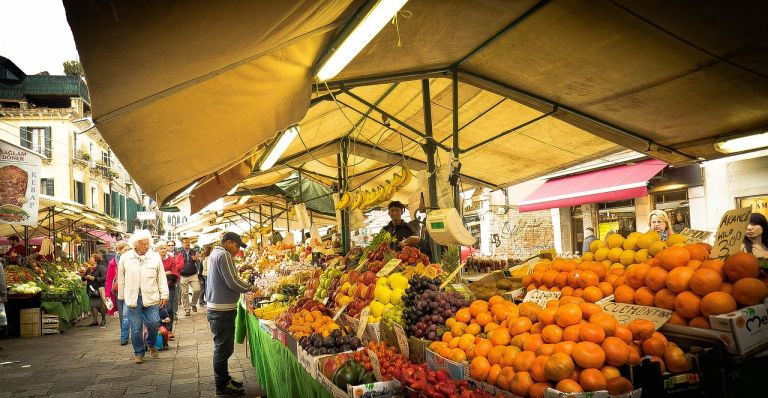
Dependence on Imports
Mauritius heavily relies on food imports, making it vulnerable to global market changes. The country needs to enhance its food self-sufficiency. Mauritius imports over 75% of its food, producing less than 25%. This dependence exposes it to external risks, as seen during the Covid-19 pandemic and international conflicts.
Need for Local Production
Many believe Mauritius should invest in local production, sustainable agriculture, and initiatives to strengthen food self-sufficiency. Thus, we could ensure a stable food supply and resilience to future challenges.
Expert Opinions
Kreepalloo Sunghoon, Salil Roy, and Soorajen Manikon, agricultural experts, discuss the problems and propose solutions.
Declining Local Production
Sunghoon notes that local production has fallen below 20%, because of which we have to import. He advocates for a strategy to maintain and increase self-sufficiency in vegetables.
Lack of Strategy
Sunghoon criticizes the absence of a clear agricultural strategy. He suggests developing agricultural clusters and adopting modern production methods.
Structural Problems
Sunghoon points out that most planters rent agricultural land, making investment uncertain. He emphasizes the need for farmer training and storage systems for perishable products.
Lack of Support
Sunghoon laments the lack of support from the Ministry of Agro-industry, leading to increased imports. He calls for a strategic plan to revitalize the sector and achieve 40% food self-sufficiency.
Food Waste
Despite rising food prices, Mauritius wastes an estimated 118,632 tonnes of food annually. It equates to 225.7 kilos of food wasted every minute.
Untapped Agricultural Potential
Roy argues that there is a need to explore the island’s abandoned land. He criticizes the over-reliance on imports and calls for major agricultural plans.
Preserving Fertile Lands
Roy states that it is important to maintain fertile lands and focus on traditional livestock breeding. He calls for reflection and action to transform Mauritian agriculture.
Circular Economy
Roy suggests creating a circular economy by integrating animal breeding and vegetable cultivation. He believes Mauritius could produce locally many products currently imported.
Technological Advancements
Roy fears Mauritius becoming a concrete jungle and hopes for new production methods, including AI. He notes the lack of progress despite much talk about smart farming.
Incentives and Policies
Roy believes competent people in strategic positions and tax incentives could encourage local production. He sees potential but feels people do not utilize it fully.
Seeds and labour
Salil Roy advocates for enhanced support for local seed production. He emphasizes the need for a robust agricultural policy. Roy suggests that sugar landowners allocate a portion of their land to farming and vegetable cultivation, given the availability of labor and resources.
He urges thoughtful consideration and decisive actions to reshape Mauritian agriculture, thereby securing a sustainable food future for the nation.


